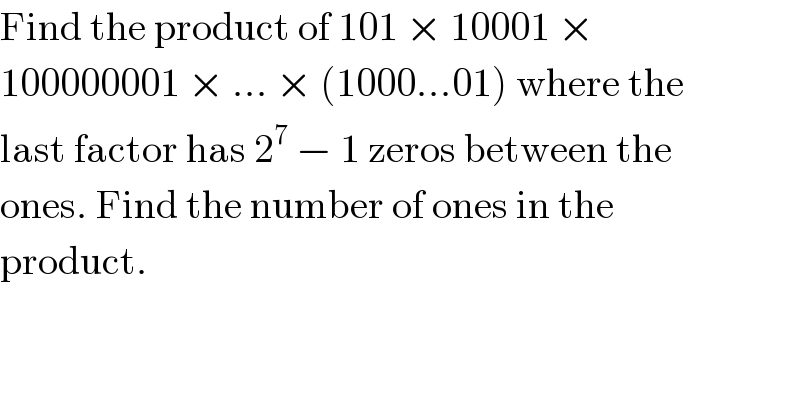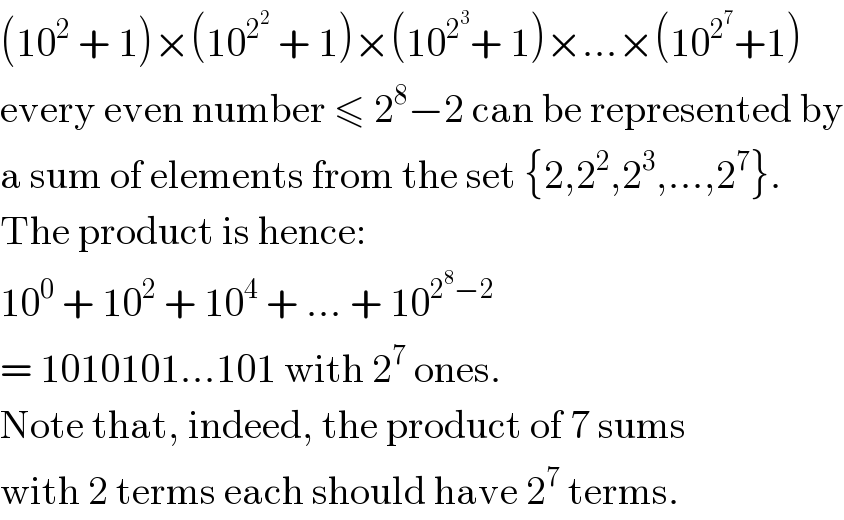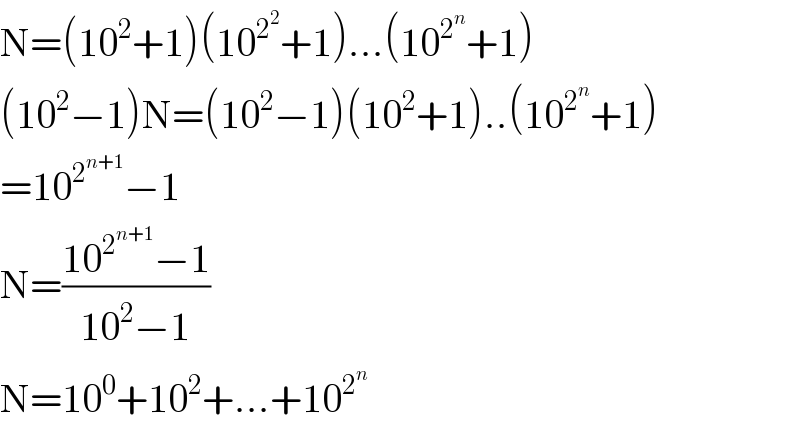
Question and Answers Forum
Question Number 18663 by Tinkutara last updated on 26/Jul/17

Commented by diofanto last updated on 27/Jul/17

Commented by Tinkutara last updated on 28/Jul/17

Answered by prakash jain last updated on 27/Jul/17

Commented by Tinkutara last updated on 28/Jul/17

